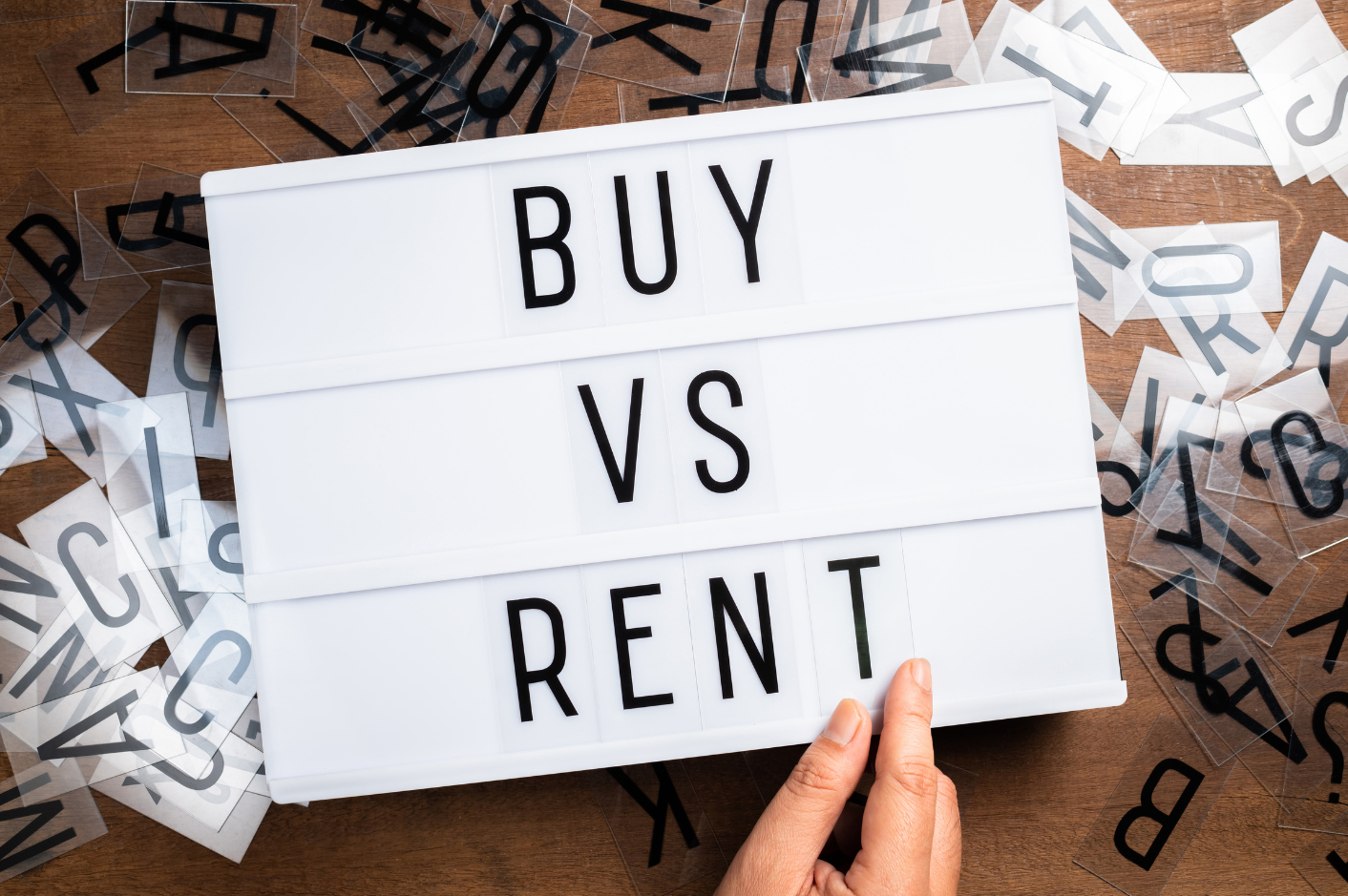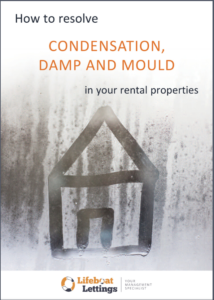
The decision to rent or buy a home is one of the most significant financial choices many people will make in their lifetime. Both renting and owning a property in the UK come with their unique sets of costs, benefits, and drawbacks. This article aims to provide a comprehensive comparison of the costs associated with renting versus owning, helping you make an informed decision about which living arrangement might be best for you.
Renting a Property: Costs and Considerations
Costs Involved:
- Monthly Rent: This is the most obvious and consistent cost. Rent varies greatly depending on the location, size, and type of property.
- Security Deposit: Typically, equivalent to one to two months’ rent, returned at the end of the tenancy if the property is in good condition.
- Utilities and Bills: While some rentals include utilities in the rent, most do not. Expect to pay for electricity, gas, water, council tax and internet.
- Contents Insurance: While the landlord’s insurance covers the building, tenants need their own insurance to protect their personal belongings.
- Agency Fees: Although recently capped and reduced by the Tenant Fees Act 2019, some administrative costs may still apply.
Pros of Renting:
- Flexibility: Easier to relocate for job changes, personal reasons, or better opportunities.
- No Maintenance Costs: Landlords are responsible for most repairs and maintenance.
- Lower Upfront Costs: Renting typically requires a smaller initial financial outlay compared to buying a home.
- Access to Amenities: Many rental properties offer access to amenities like gyms, pools, and communal gardens.
Cons of Renting:
- Lack of Equity: Rent payments do not contribute towards owning an asset.
- Rent Increases: Landlords can increase rent prices, typically annually.
- Limited Personalisation: Restrictions on decorating and renovations.
- Instability: Possibility of eviction or non-renewal of lease.
Owning a Property: Costs and Considerations
Costs Involved:
- Mortgage Payments: Monthly payments towards the home loan, which include both interest and principal repayments.
- Property Taxes: Annual council tax based on the property’s value.
- Home Insurance: Includes buildings insurance and potentially contents insurance. There is also a public party liability element to insurance responsibilities.
- Maintenance and Repairs: Homeowners are responsible for the cost of all upkeep, repairs, and renovations.
- Upfront Costs: This includes the deposit (typically 5-20% of the property’s value), stamp duty, legal fees, and surveyor fees.
Pros of Owning:
- Building Equity: Mortgage payments contribute towards owning the property, increasing your equity over time.
- Stability: Long-term security in terms of residence.
- Freedom to Modify: Ability to renovate, decorate, and personalize your home without needing landlord permission.
- Potential for Value Appreciation: Property values may increase over time, potentially providing a financial return on investment.
Cons of Owning:
- High Upfront Costs: Significant initial expenditure required for deposit, legal fees, and other buying costs.
- Maintenance Responsibility: Homeowners bear all costs for repairs and maintenance.
- Less Flexibility: More challenging and costly to move compared to renting.
- Market Risk: Property values can decrease, potentially leading to negative equity.
Financial Comparison: Renting vs. Owning
Example Scenario:
Let’s compare renting and owning a property valued at £250,000.
Renting Costs:
- Monthly Rent: £1,000
- Annual Rent: £12,000
Owning Costs:
- Mortgage: Assuming a 10% deposit (£25,000) and a 3% interest rate over 25 years, monthly payments are approximately £1,067.
- Annual Mortgage Payments: £12,804
- Additional Annual Costs: Council tax (£1,500), home insurance (£300), and maintenance (£1,000)
- Total Annual Costs: £15,604
Five-Year Comparison:
- Renting: £60,000 (excluding any rent increases)
- Owning: £78,020 (including mortgage payments, council tax, insurance, and maintenance)
While owning a home has higher initial and ongoing costs, it’s important to consider the equity built and potential appreciation in property value over time. Conversely, renting offers more flexibility and fewer responsibilities but does not build equity.
Conclusion
The choice between renting and owning a property in the UK hinges on various personal and financial factors. Renting may be more suitable for those valuing flexibility and lower initial costs, whereas owning could be better for those seeking long-term stability and an investment in property equity. Evaluating your financial situation, lifestyle preferences, and long-term goals is essential in making the best decision for your housing needs.
Thinking of Investing in Kent’s Property Market?
Discover the benefits of property investment in Kent with our expert lettings services. Whether you’re a new landlord or an experienced property investor, our team provides comprehensive support to help you maximize your returns. Contact us today to learn more about how we can assist you with tenant placement, property management, and more.
Get in touch now via phone on 01233 802 803 and start making the most of your property investments!




